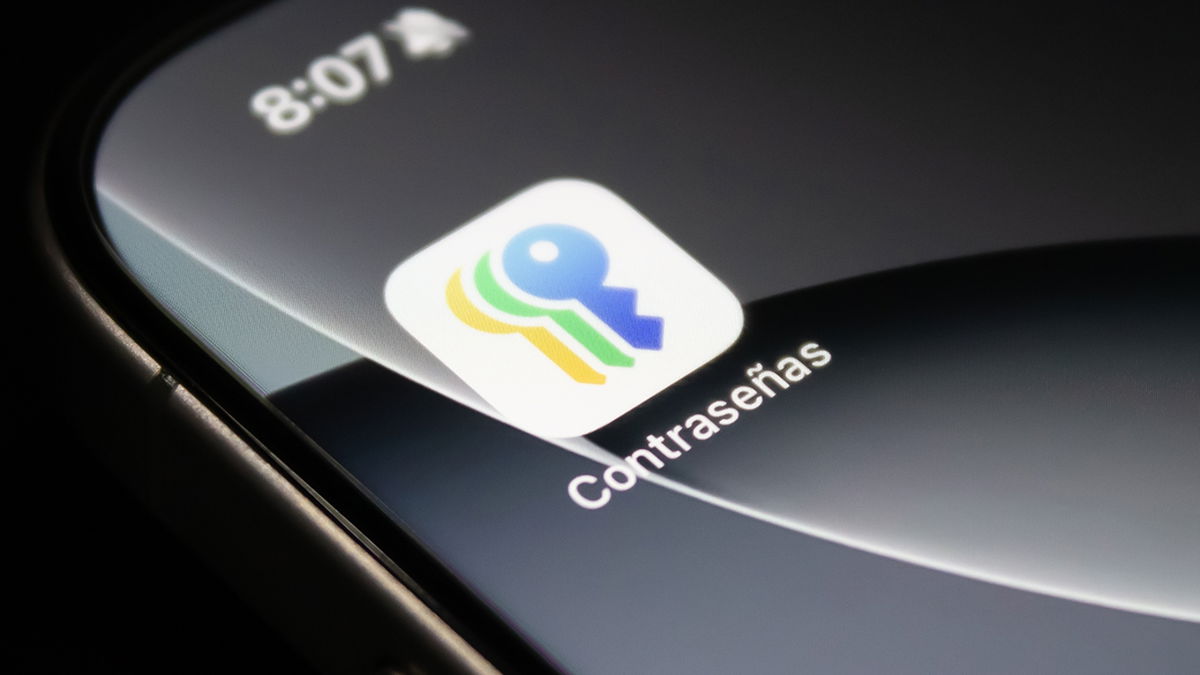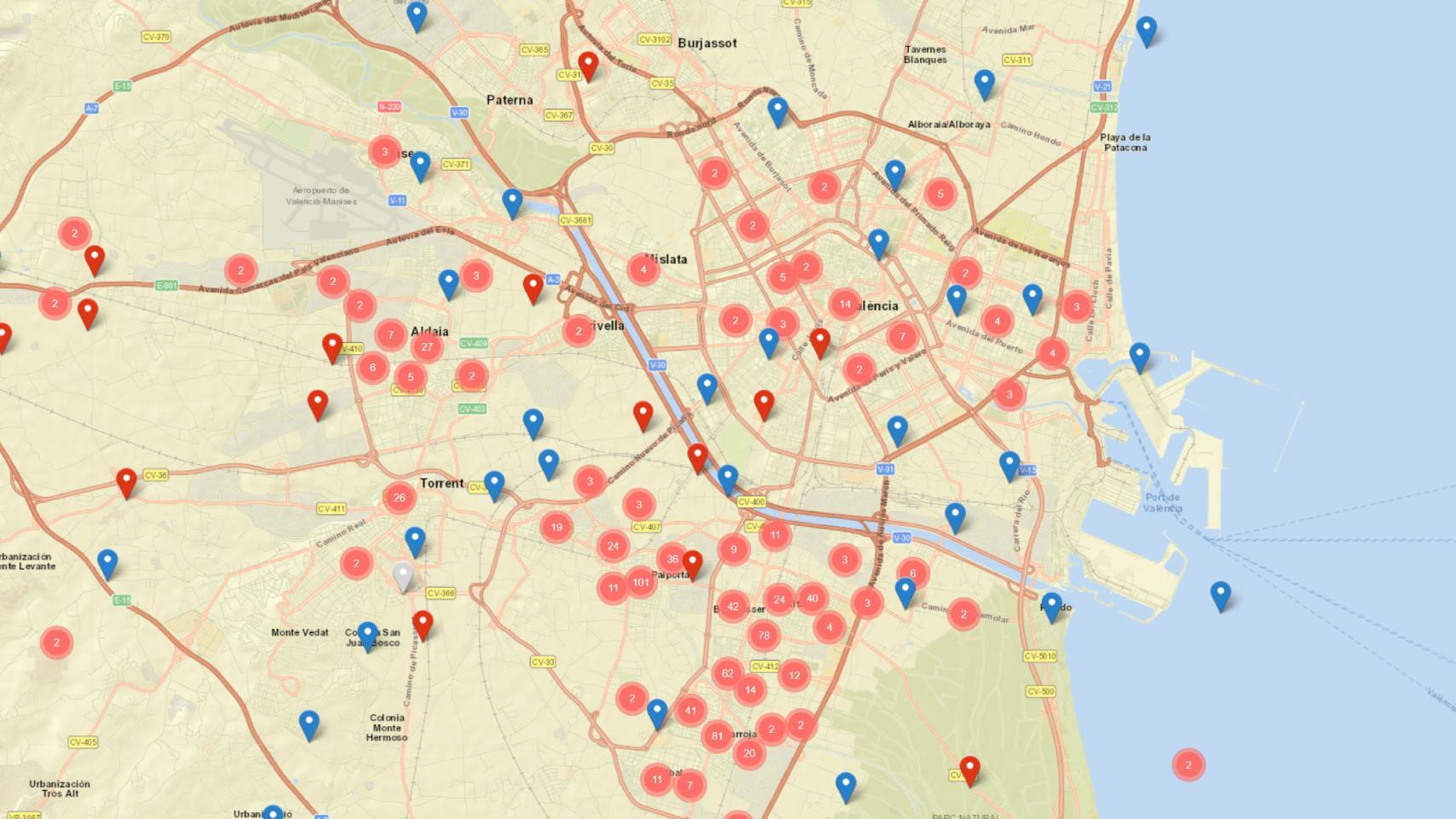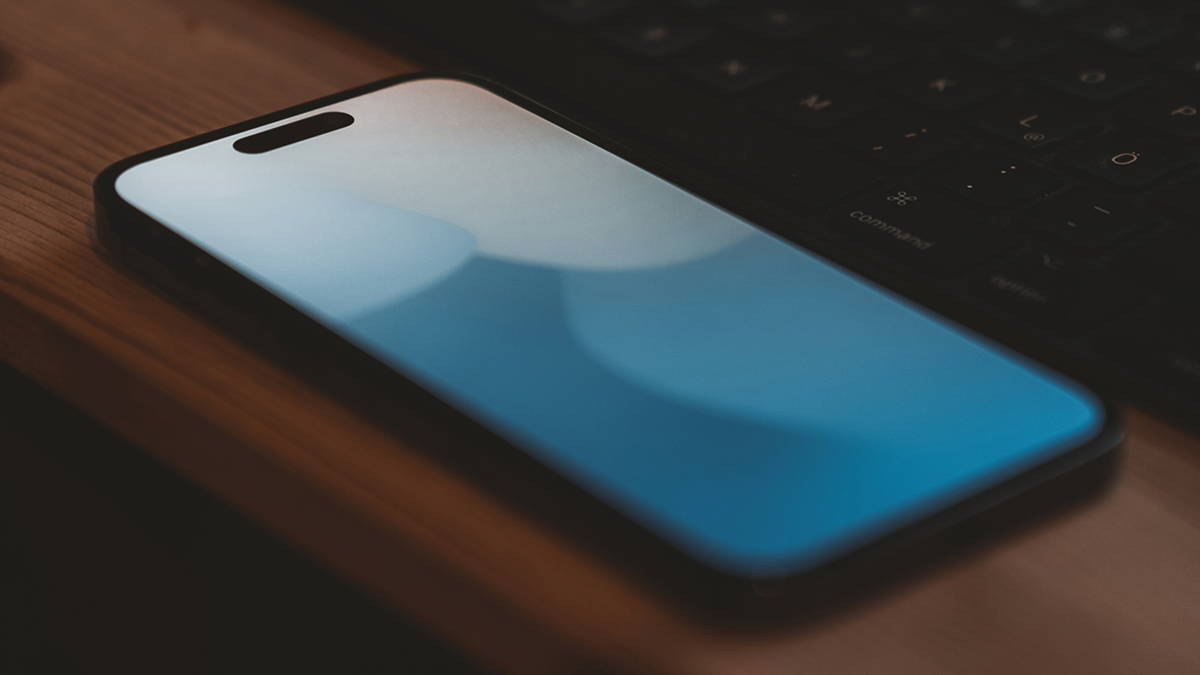
The arrival of iOS 17.4 represents a radical change in Apple’s policy due to the requirements of the European Union. Changes to Internet browsers, the App Store and the way you download apps. We explain everything to you in very simple language.
The person responsible for all these changes is the Digital Markets Act (DMA), a new European regulation that requires Apple (and other companies) to make sweeping changes to their policies to preserve free markets and competition. What are these changes? They affect iOS (and when we say iOS, we mean iOS on the iPhone, not iPadOS on the iPad), the App Store, internet browsers and payment platforms, including Apple Pay.
streaming games
This change affects the whole world, not just Europe. Apple has (finally) authorized the existence of applications allowing the use of streaming game platforms. Until now, we could only use these services through Safari, which did not provide an adequate user experience in many cases. Nvidia with GeForce Noe or Microsoft with Xbox Cloud can create their own application of games in the new to take advantage of its services. Great news for all gamers with Apple devices.

Internet browsers
We already have several browsers on iOS, including all the main ones like Chrome or Firefox, but all browsers must use a common engine: WebKit, which is the Safari engine. This means that Chrome on iOS is not really Chrome, but rather Safari with some aesthetic changes (so we understand each other). From now on, this will no longer be the case. Developers who want to add a different engine to their browser will be able to do so, although it won’t be that simple
Additionally, starting with iOS 17.4, when you open Safari for the first time, you will be offered to choose which Internet browser you want to use as default, and You will be offered a list of 12 of the most popular browsers which you can set as predefined.. This way, all users will know that they can change this setting and will not use Safari just because they don’t know about the others.

Mobile payments
In Europe there will also be changes to Wallet, Apple’s application for payments with the iPhone. Developers will be able to create their own payment apps to store their cards and use them to make contactless payments with their phone. That’s to say, Google may offer Google Pay or your bank may create its own mobile payment app without having to use Apple Pay. That won’t be the case either. a procedure as simple as developing an application, since those who wish will have to go through a review process by Apple to ensure that they meet demanding security requirements. You can even decide what your default payment system is.
Alternative payments in the App Store
One of the requirements that many companies, like Epic or Spotify, have been making for the longest time. It will no longer be mandatory to pay for purchases within an application using the Apple platform; other payment systems or links to other websites may be used to pay for purchases we make. If you use an application that has chosen this option and you purchase something, a message will appear on the screen in which Apple warns you that it does not control these payments and therefore you will not be able to request a refund to Apple. “Family Sharing” or parent-to-parent purchase requests will also not be supported.
Third-party app stores
This may be the most talked about novelty in months, but as you can see, it’s not the only one. Starting with iOS 17.4 (not iPadOS), Apple will allow developers to create their own iPhone app stores, where users can purchase and download apps outside of the official Apple store. NOTor anyone will be able to create their app store, and you will also not be able to install apps from anywhere. It is therefore not a question of “sideloading” of Android, with which you can install any application from any website, far from it. There will be an application review process and significant security and privacy requirements.
And not only that, anyone who wants to create their app store will need to have a million dollar bank guarantee. It’s not that Apple gets that million dollars, it’s simply “insurance” that Apple requires to ensure that the app store can meet any potential legal liability. Additionally, these app stores cannot be used only for apps from the developer who created the store.you need to allow other developers access to sell their own apps.

Developers who choose to use these third-party app stores will be able to continue selling their app on the App Store, but those who abandon the App Store completely won’t be able to return their apps if they regret it later. Apps sold in these unofficial stores will go through a less demanding review process than those in the App Store, as they will not be able to scan their content. They will only check that they meet security and privacy requirements, as well as that they do not contain malware, but they cannot be rejected due to their content.. Therefore, we could see applications that could not be in the App Store as emulators, since the legal entity responsible for the content of the applications will be the third-party store, and not Apple.
Users will have to use these app stores on their iPhone to be able to download apps from them, and pThey will even be able to choose which application store the iPhone uses by default. They can also revoke this permission at any time from the system settings or simply by deleting the store from their phone.
Table of Contents








